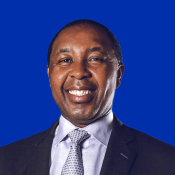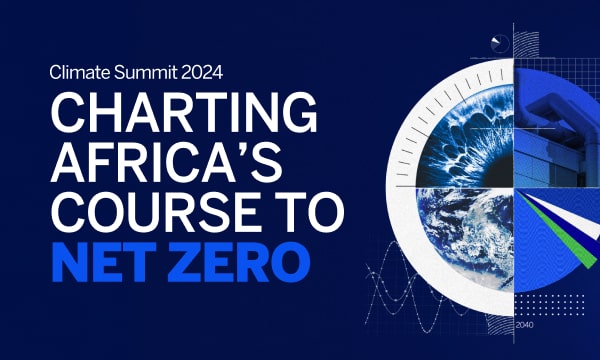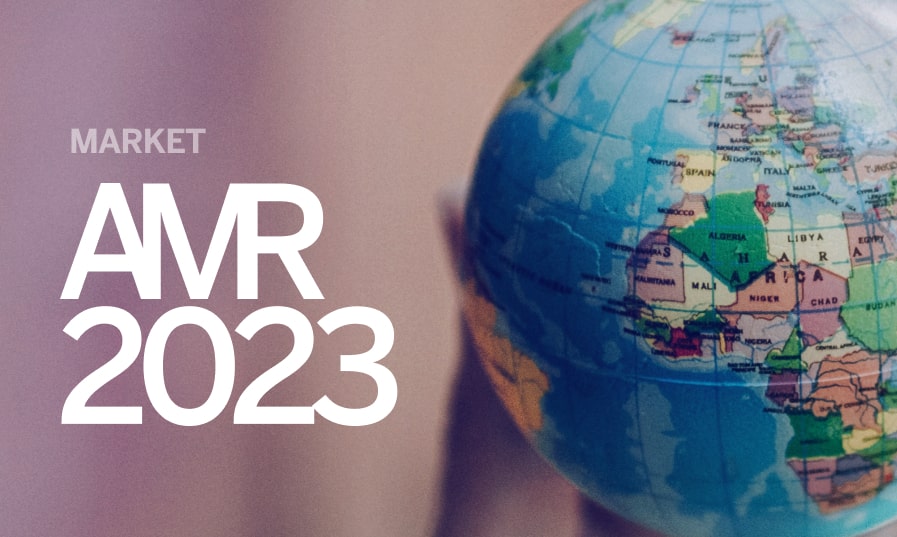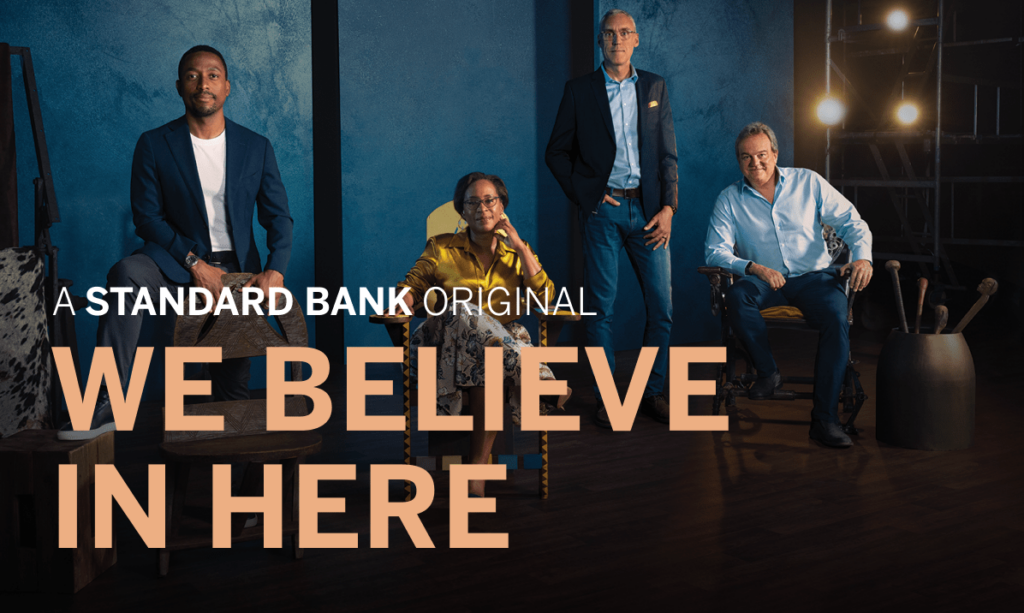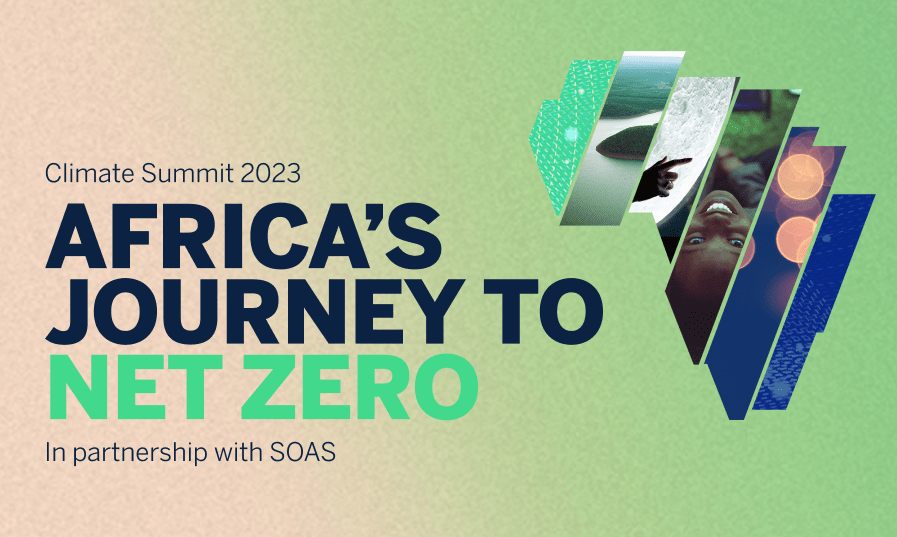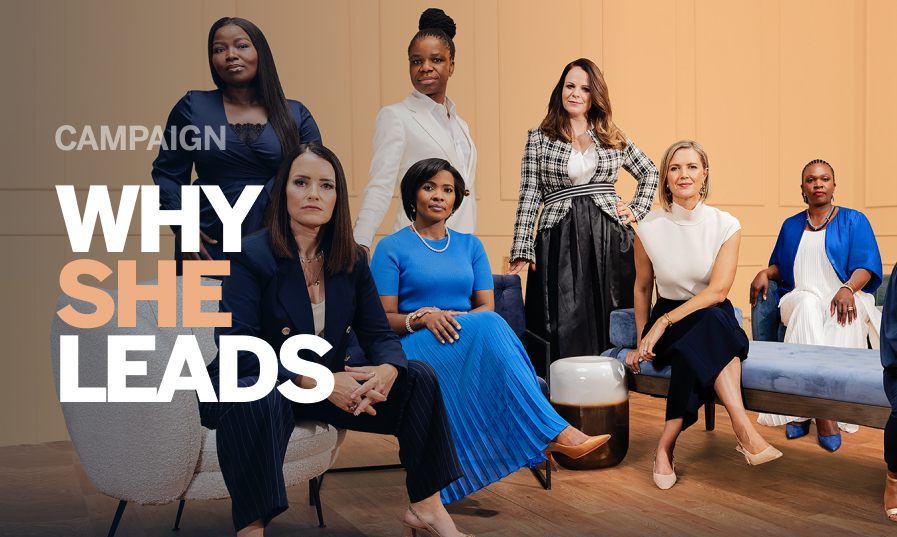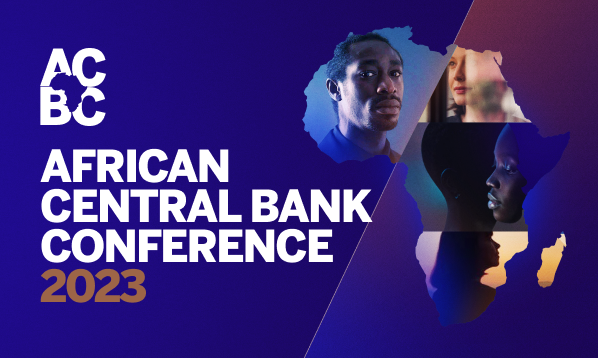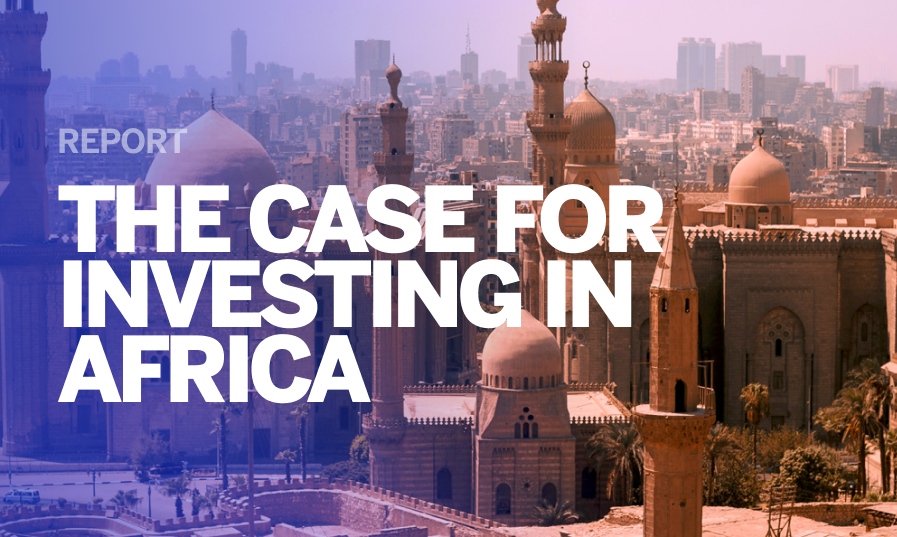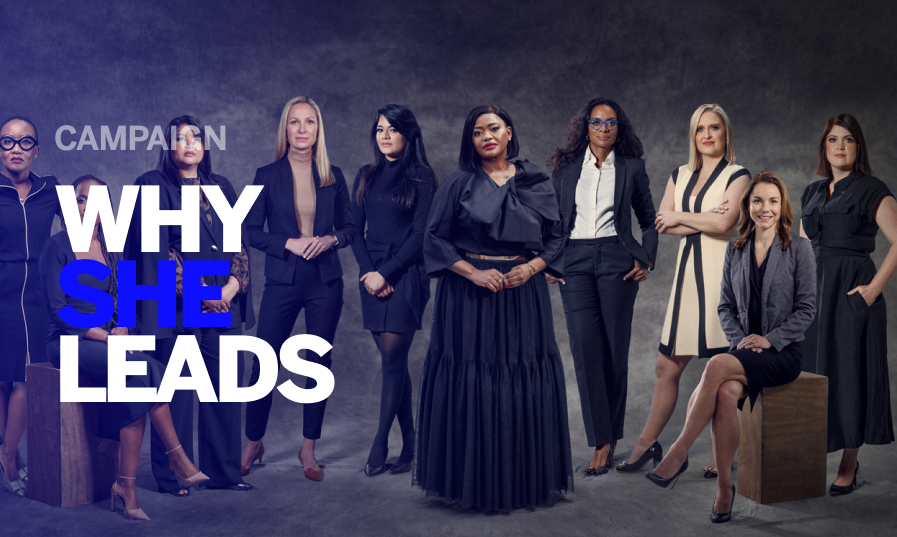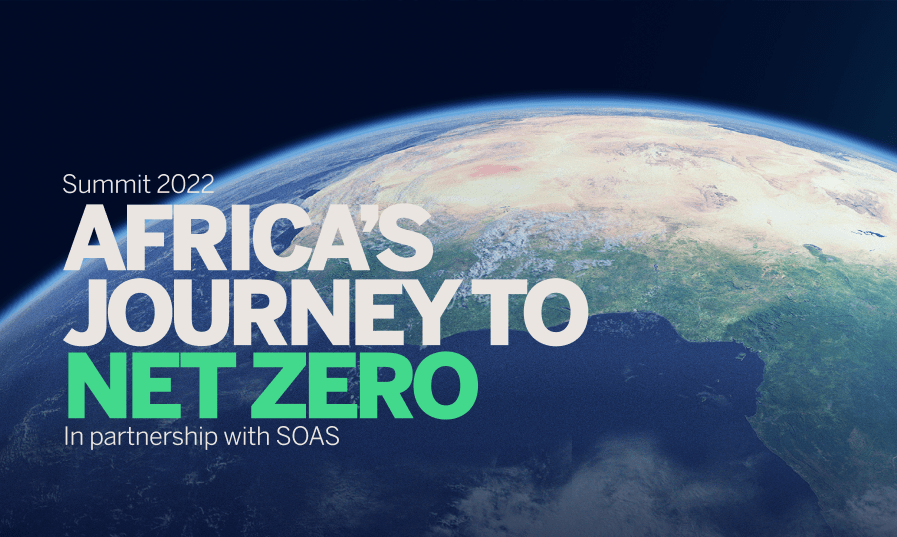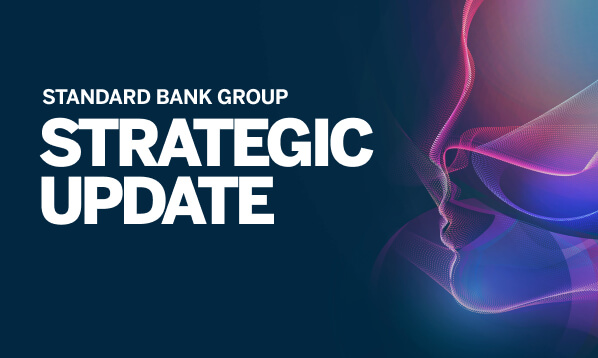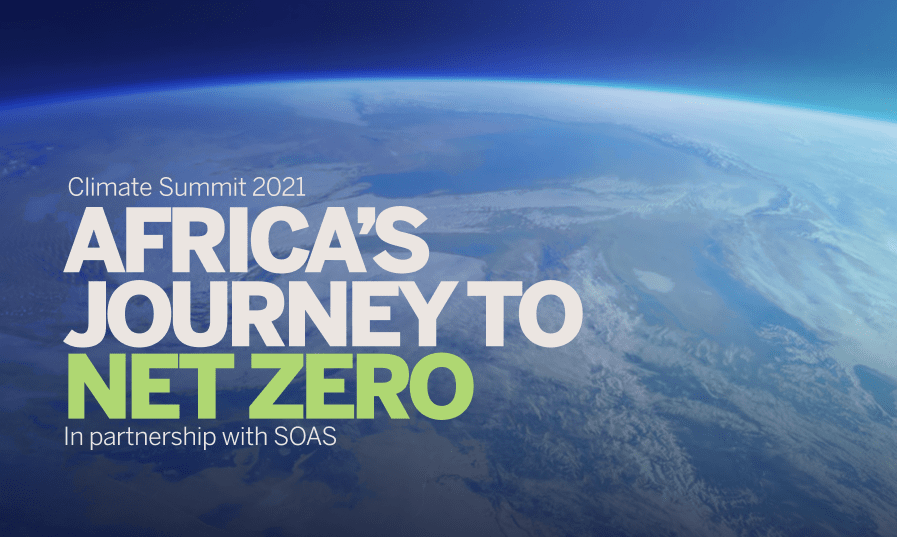What worked a decade ago may not work today, let alone a decade from now. And when it comes to sustainability, we cannot expect 2014’s solutions to solve the challenges of 2024.
In a recent interview with CNBC Africa, my colleague Dr Penny Byrne, Investment Analyst: ESG and Climate Change at Standard Bank, spoke about the catastrophic impacts of extreme weather on southern Africa’s summer crops. In a vicious cycle, farmers in the region have been hit with too much rain, followed by too little rain, and then too much rain again. The impacts on crop yields, coupled with high input costs, have been severe.
But Dr Byrne left a seed of hope.
She said: “Thankfully, seed technology is improving so much, year on year, that [farmers] are able to deal with these drier and hotter conditions better than they were. If we were still planting the same seeds that we were 10 years ago, we would be in a much worse position right now.”
That has become a key theme in the conversation around sustainability.
New approaches are needed as governments, businesses, banks, organisations and the general public face up to the realities of our changing world. To that end, the Standard Bank Group recently published its Sustainable Finance Framework, which outlines the methodology and associated policies and procedures that will facilitate the raising of finance in the form of sustainable financing instruments.
The Framework sets out the process for selecting, evaluating, reporting, tracking and verifying eligible assets. This will ensure that we as a Group live up to our commitments to our clients, communities and stakeholders.
Africa is our home. We drive her growth. To achieve that growth, Standard Bank is guided by the twin pillars of maximising positive impact and effectively managing environmental, social and governance (ESG) risks. This approach to our sustainability strategy aligns with our purpose to drive the inclusive and sustainable economic growth we want to see on our continent.
Standard Bank’s vision is to be the leading financial services organisation in, for and across Africa. We aim to deliver exceptional client experiences and superior value, but we know that this requires us to be a responsible and sustainable business. The Sustainable Finance Framework ensures that we, and the businesses we support, are exactly that.
In 2014 the United Nations’ Intergovernmental Panel on Climate Change (IPCC) released its Fifth Assessment Report, stating that global warming could only be stopped if net human-caused emissions reached zero.
Ten years on, that concept of “net-zero” guides our sustainability approaches. Standard Bank has set the target of achieving net-zero carbon emissions from our newly built facilities by 2030. By 2040 we plan to achieve net-zero carbon emissions from our existing operations, and by 2050 we aim to achieve net-zero carbon emissions from our portfolio of financed emissions.
These goals are ambitious but achievable. In fact, our sustainable finance portfolio is one of our fastest-growing businesses. In 2023 alone Standard Bank mobilised over R50 billion of sustainable finance for our corporate clients, while providing over R2 billion in loans to small and medium enterprises to help those SMEs access affordable, reliable alternative energy.
One of the emerging trends in the energy space is that of power aggregators. This is a perfect example of a new approach to the sustainability challenge. Aggregators source renewable energy from various power generation assets – either by owning the asset themselves or by procuring power from an Independent Power Producer (IPP) – and sell it to multiple offtakers.
This is a significant shift in the energy landscape. Previously, smaller power users were excluded from procuring private power through expensive Request for Proposals (RFPs). Now, however, power aggregators allow smaller-scale electricity users to access private power without needing to launch their own RFP.
Power aggregation is a new way of thinking that unlocks flexibility for offtakers and industry. It also means that there will be a portfolio of offtakers purchasing power from a single project, so funders like Standard Bank will need to change our approach to those offtakers. As my colleagues Rentia van Tonder, Head of Power, and Vincenzia Leitich, Executive: Energy and Infrastructure at Standard Bank CIB, have pointed out, lenders may initially need to assess the aggregator’s ability to deliver, and may need to look at the ultimate offtakers for proof of concept.
But these new challenges bring new opportunities and inspire new ways of thinking. That’s a good thing. The world is changing, and our environment is changing. As Planet Earth looks ahead to 2034, 2044 and beyond, we need future-fit solutions to the coming challenges. As Dr Byrne reminded us, we’re not living in 2014 anymore.
I hope you enjoy this edition of Sustainability Matters, and I look forward to hearing your thoughts and feedback.
KENNY FIHLA
Deputy Chief Executive of the Group and Chief Executive of The Standard Bank of South Africa Limited (SBSA)


